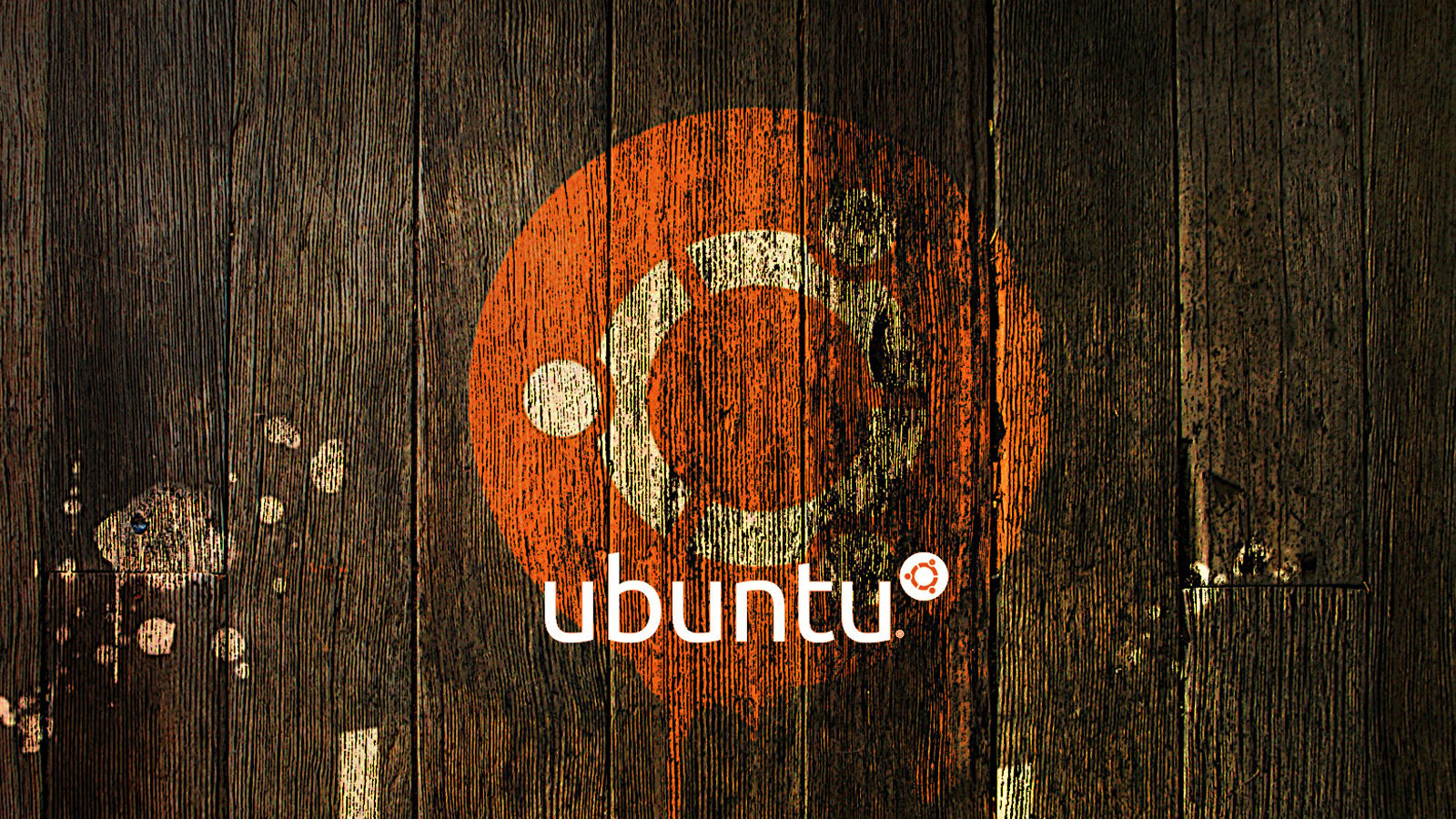CVE-2023-2640 and CVE-2023-32629 if you don’t fancy spending an age clicking Object to all the ‘legitimate interest’ cookie shit.
Tip: “I still don’t care about cookies” for desktop browsers + deleting all cookies at the end of the browser session works flawlessly for me.
bro doesnt have an adblocker?
And a script blocker like NoScript
All disable script all together on foreign site using uBo
CVE-2023-2640
Needs a user account on the system (even unprivledged accounts) via overlayfs
Overlayfs allows one, usually read-write, directory tree to be overlaid onto another, read-only directory tree. All modifications go to the upper, writable layer. This type of mechanism is most often used for live CDs but there is a wide variety of other uses.
Or a docker container.
Is the end of this headline “because they haven’t updated in 3 years”?
In this case, it’s more like the opposite. People testing the cutting edge versions of Ubuntu are the ones impacted.
Couldn’t find whether this even impacts LTS builds. Either way, seems like patching should resolve the issue
LTS uses the 5.15 Linux kernel (by default). This vulnerability impacts 6.2.
If I understand correctnly… Ubuntu 22.04.2 LTS has 5.19 kernel by default: https://9to5linux.com/ubuntu-22-04-2-lts-released-with-linux-kernel-5-19-updated-components “the Ubuntu 22.04.2 LTS point release also comes with a newer kernel, namely Linux 5.19, from the Ubuntu 22.10 (Kinetic Kudu) release”
As you said, if it is only 6.2, still out of the window.
Is this an Ubuntu specialty, or other distros are also affected?
They are specific to the kernels delivered with Ubuntu because of changes introduced by Canonical in OverlayFS:
Source: Ubuntu Website
Needs a user account on the system (even unprivledged accounts) via overlayfs
Overlayfs allows one, usually read-write, directory tree to be overlaid onto another, read-only directory tree. All modifications go to the upper, writable layer. This type of mechanism is most often used for live CDs but there is a wide variety of other uses.
@leo what’s the solution, is it just the normal
apt update/upgradeor something more complicated? And is it possible to know if a machine has suffered such attack at all?According to the Ubuntu bulletin, a simple update is sufficient.
The Wiz announcement didn’t really go into specifics, so not sure other than normal user auditing.
Typical lolbuntu move
Ubloatu*
ftfy
<°==<







